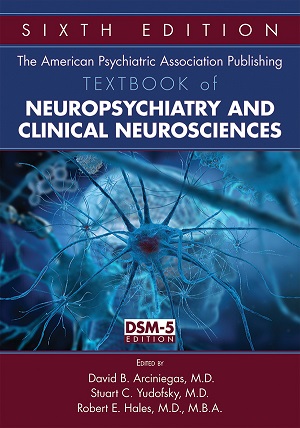Chapter 15.Brain Tumors
Sections
Excerpt
Within weeks, an adult can pass from living a full and normal life to being disabled and facing a terminal illness. The very first sign of this change can be an epileptic seizure striking without warning. Many tumors outside of the central nervous system (CNS) manifest with insidious symptoms that patients may have privately acknowledged as potentially serious. Tumors of the brain, by contrast, often manifest with symptoms that first appear shortly before diagnosis and arise in previously healthy individuals. Active treatment involves—variously—physically traumatic neurosurgery, neurotoxic chemotherapy and radiotherapy, high doses of psychoactive drugs, or, not uncommonly, all four of these things together. Small wonder that neuropsychiatric complications consistently rank among the most frequently reported symptoms in neuro-oncology.
Access content
To read the fulltext, please use one of the options below to sign in or purchase access.- Personal login
- Institutional Login
- Sign in via OpenAthens
- Register for access
-
Please login/register if you wish to pair your device and check access availability.
Not a subscriber?
PsychiatryOnline subscription options offer access to the DSM-5 library, books, journals, CME, and patient resources. This all-in-one virtual library provides psychiatrists and mental health professionals with key resources for diagnosis, treatment, research, and professional development.
Need more help? PsychiatryOnline Customer Service may be reached by emailing [email protected] or by calling 800-368-5777 (in the U.S.) or 703-907-7322 (outside the U.S.).



